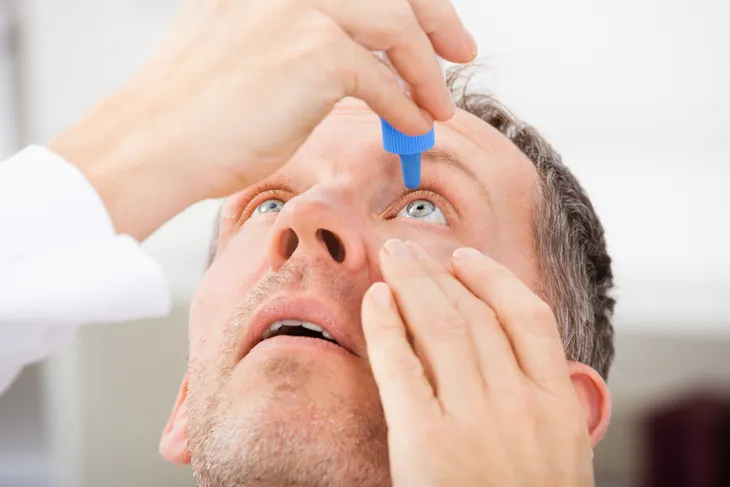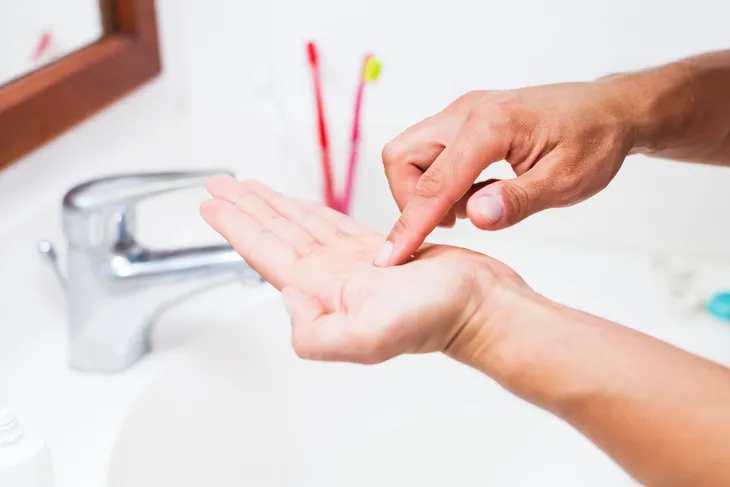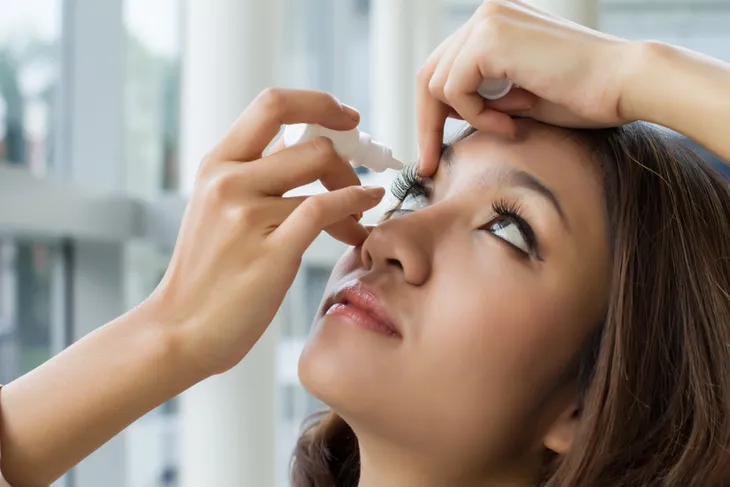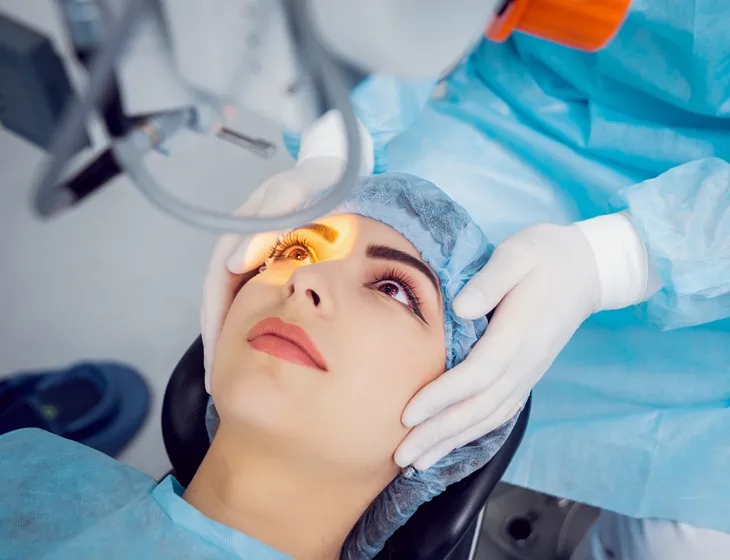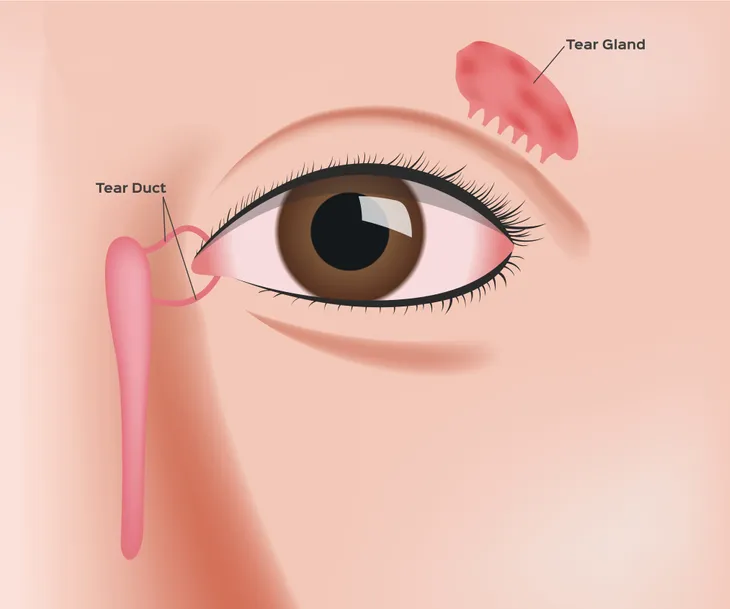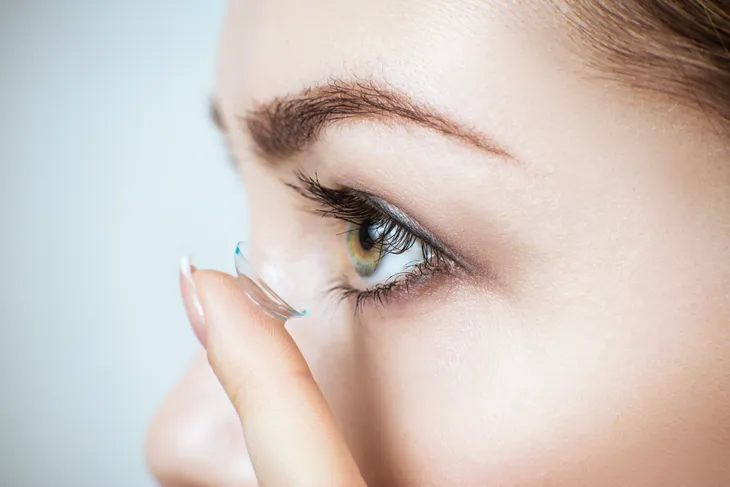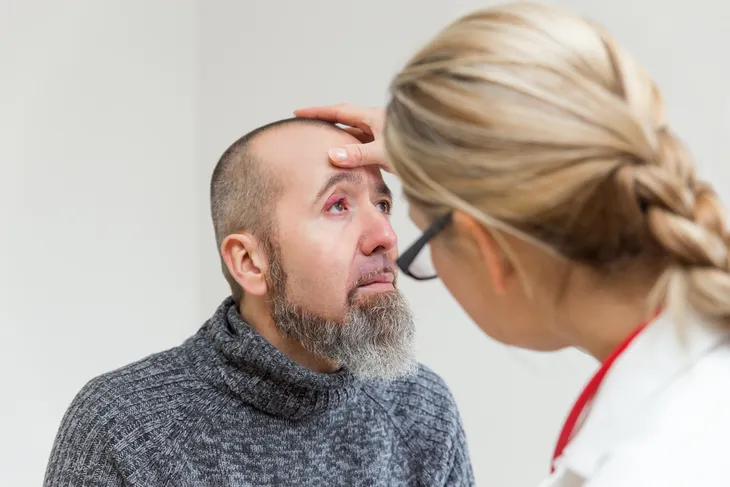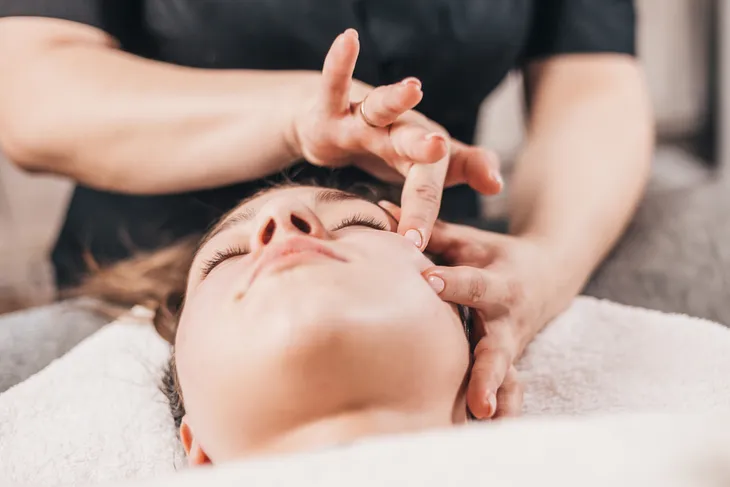If you’re living with dry eyes, you’re dealing with daily discomfort. Even worse, if you don’t take steps to treat your dry eyes, your pain and frustration can worsen as dry eye syndrome is a chronic, progressive condition. However, that doesn’t mean you have to suffer from dry eyes forever.
In most cases, you can treat and manage dry eyes successfully. You can achieve more comfortable, clearer vision. In order to accomplish this, you need to find a dry eye treatment that works for you. Luckily, you can search online right now to find dry eye solutions.
Artificial Tears or Eye Drops
Artificial tears are one of the most common treatment solutions used for dry eyes. Available in the form of eye drops, artificial tears are an over-the-counter remedy that can be purchased at local drug stores and grocery stores. They’re available in several different forms and with different viscosities.
Eye drops or artificial tears work by moistening your eyes. You can apply these drops multiple times throughout the day, as needed or as recommended by your doctor. Although you don’t need a prescription to start using them, there’s such a wide selection that it can be difficult to choose the right product. Popular brands like Systane, Refresh Tears, and even store-branded drops are easy to purchase.
Artificial tear eye drops typically cost around $12 for a bottle.
Eye Inserts
Eye inserts are a step up from over-the-counter artificial tears. They can offer all-day relief without requiring multiple doses throughout the day. Unlike artificial tears, they must be prescribed by a doctor.
Commonly used for moderate to severe cases of dry eyes, eye inserts work to release medicine right into your eyeballs. They’re small, clear tubes of medicine that look like a transparent grain of rice. You place them along the lower eyelid. From there, they’ll lubricate your eyes all day long. Once the lubrication medicine is gone, the inserts dissolve.
Eye inserts need to be prescribed by your doctor. So, make sure to discuss your unique needs with your ophthalmologist if you need another option beyond eye drops.
Tear-Stimulating Drugs
If you need more moisture and hydration than artificial tears or eye inserts can deliver, tear-stimulating drugs are another popular treatment option. Also called cholinergics, tear-stimulating drugs work to increase your eyes’ natural tear production.
Available as pills, gels, or eye drops, these drugs require a prescription. Your doctor can prescribe you a specific medication based on what’s causing your case of dry eyes.
You can also turn to tear-stimulating drugs to treat more specific underlying causes of dry eyes. For example, some of these prescription medications can tackle dry eye symptoms caused by inflammation of the cornea by suppressing that inflammation. Other prescription medications can treat eyelid inflammation that prevents tear secretion. Still, others can help if your eyes aren’t making enough tears naturally.
Medical Procedures
If other dry eye treatment options aren’t working for you, there are a few different medical procedures that may be able to offer relief. These procedures – some surgical, some prescribed by a doctor – can treat the most serious cases of dry eyes.
Closing Tear Ducts
Your tear ducts can be closed in an effort to reduce tear loss. This treatment is usually suggested if your eyes are producing tears, but those tears are leaving the eyes too quickly.
In this procedure, tear ducts can be partially or completely closed via a permanent heat-treatment method called thermal cautery. They can also be closed temporarily with tiny silicone plugs. These plugs allow for more flexibility.
Wearing Medical Contacts for Dry Eyes
In some cases, special contact lenses can be worn to help increase moisture in dry eyes. Called scleral lenses or bandage lenses, these lenses can be applied like traditional contact lenses or via a special applicator that resembles a plunger.
These contact lenses will protect the surface of the eyeballs and lock in moisture for all-day comfort.
Unblocking Oil Glands
If your doctor determines that your dry eyes are caused by blocked eye glands, there’s a procedure that may be able to offer relief. During this procedure, a thermal pulsation device is used to clear out any blockages in the oil glands around the eyes.
While the jury is still out on how effective this procedure is, using a warm compress can also have a similar effect.
Light Therapy and Eyelid Massage
A combination of light therapy and eyelid massages can work together to help cases of severely dry eyes.
During this treatment, intense-pulsed light therapy is used and then followed up with a massage of the eyelids. It may be able to stimulate tear production and increase moisture.
Search to Find the Right Treatment for Your Dry Eyes
Living with dry eyes is both uncomfortable and frustrating. Fortunately, there are options you can turn to for relief. From over-the-counter artificial tears that you can apply throughout the day to prescription medications to medical procedures, there’s a treatment option that may be able to soothe your dry eyes.
Make sure to do your research before choosing any dry eye treatment. Take the time to compare different options, their prices, and their effects. You should also talk with your doctor to ensure the treatment you’re considering is safe and effective. (Learn more about how to protect your eyes in our article on Ways to Protect Your Eyes and Maintain Eye Health).

